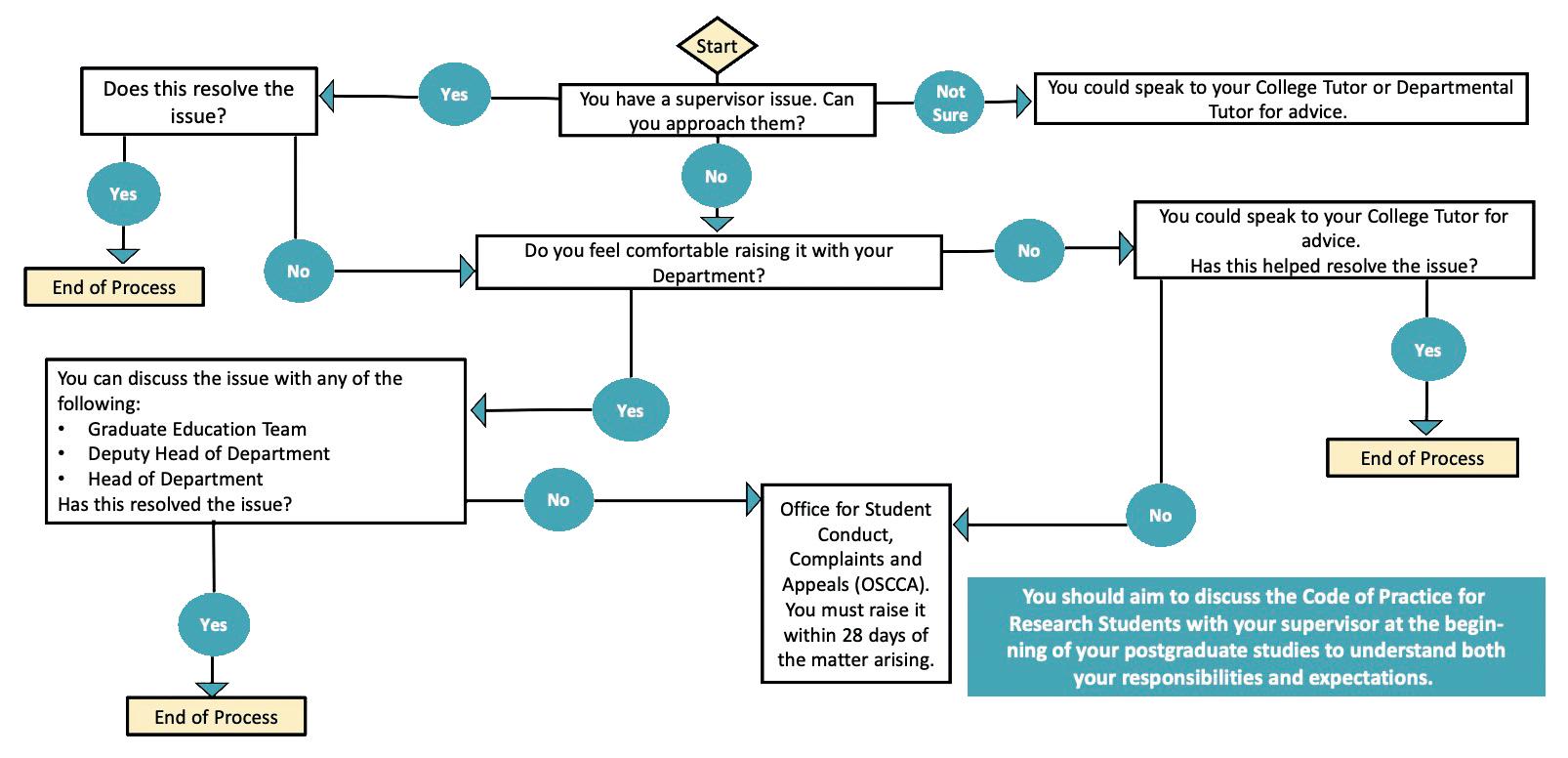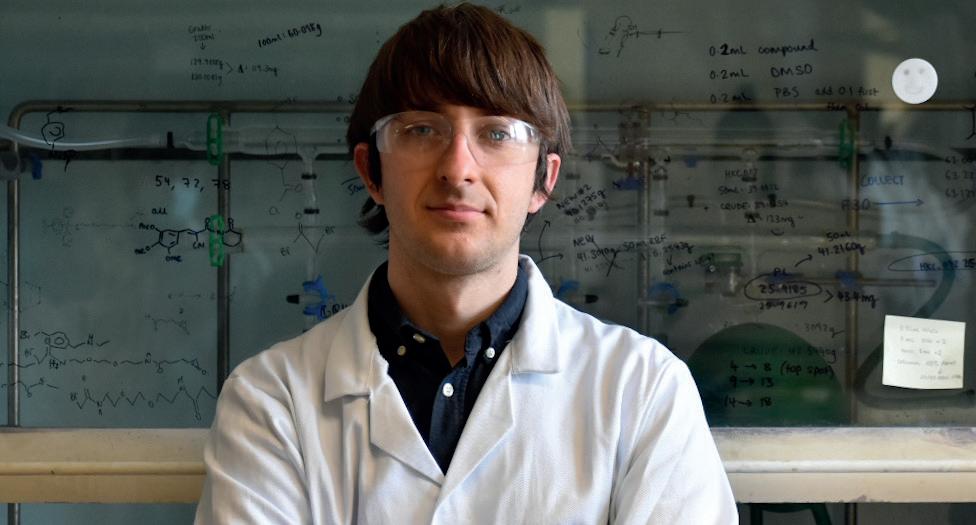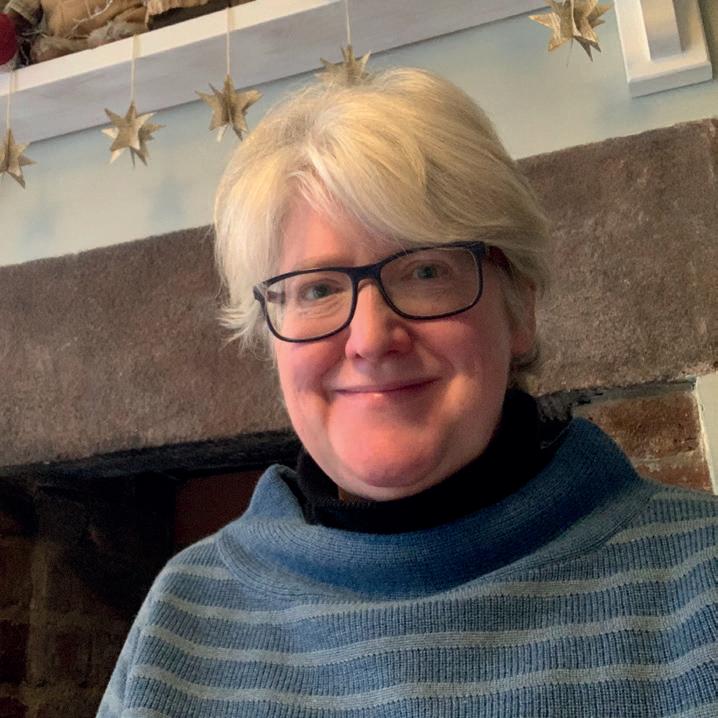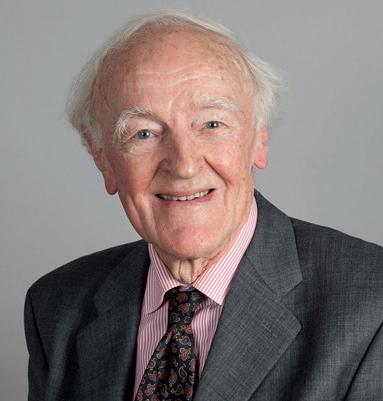
5 minute read
Postgrad voices heard
from Chem@Cam Issue 62
Vivien Lechner and David Izuogu became postgraduate representatives in 2019, so have both coped with last year’s lockdown due to Covid followed by the gradual reopening with strict safety measures. We caught up with Vivien and David to find how they and their fellow postgrads have been coping.
David Izuogu and Vivien Lechner in pre-Covid times.
What is your role as Postgraduate Student Representatives?
David: We represent the concerns of postgraduate students on the Postgraduate Education Committee – we do regular student surveys so we know what the most pressing issues are.
Vivien: Postgrads can also fill out a confidential form on the postgraduate web pages which we receive immediately by email. If there’s no upcoming committee meeting, we take anything that’s urgent straight to the Postgraduate Education Team.
Why did you become a rep?
Vivien: Postgraduate welfare is something that I feel is extremely important, and I felt I could contribute to postgrad voices in the Department.
David: It puts us in a position to listen to students and see the diversity of experiences that students really have and try to help improve where it’s needed.
Your most recent survey asked how students have been affected by the pandemic – what were the most common concerns?
Vivien: It’s changed slightly over time. In the first survey, which we did toward the end of lockdown last year, people who rely on lab work had just lost a significant chunk of their research time and a lot of the concerns were about funding and PhD extensions. Since the department re-opened, a relatively constant concern has been overall Covid safety.
David: 65% felt the Department’s Covid-19 policies were adequate. Some students wanted stricter measures, and some thought they were too strict.
How has the committee responded to the students’ concerns?
Vivien: They are always willing to listen and give feedback. Sometimes it might be something that is out of their hands because it’s a university policy, but for safety issues they’ve come up with responses or proposed solutions very quickly. There are a lot of people in the Department, including the Postgraduate Education team, who are always happy to talk
to students, so sometimes we just need to remind them of the pathways already available to solve their issues.
David: In 2019 we started looking at this whole issue because we realised when students have problems they don’t always come forward, and we wanted to know the reason – was it lack of confidence, or worry about their PI? When I was international officer of the Graduate Union we developed a conflict resolution flow chart, which we adapted to the department framework, so it’s very clear now where to go when you have a particular worry. We presented the flow chart at our ‘student reboot’ in October, and we’ve just recirculated it.
So how does a student complain if, say, they feel the lab they are working in is unsafe?
David: The first point of contact is always the PI (ie, group leader), but if this is not satisfactory, then they can go directly to the Postgraduate Education Team, Deputy Head of Department or the Head of Department. If they don’t feel comfortable raising the concern with the department, they can follow the college channel by going to the college tutor and from there to the Office for Students Conduct, Complaints and Appeals (ASCCA) within 28 days of the matter arising if they don’t feel that the university procedure has effectively dealt with their concerns.
What has been done about extensions?
Vivien: We discussed this with the Committee, who suggested that students should wait until they are about six months from their completion date, when they have a much better idea of how much extra time they’ll need. They then must apply both to their funder for additional funding, and to the University for an extension of time. The Department is committed to being very charitable about extensions, but other extensions remain an issue depending on the funding body, and talks are still going on at University level about this. David: Most funders have agreed to extend funding for final years who need it to complete their work, but conversations are still ongoing about students not in their final year. Some funding bodies have signalled that extension requests will be considered on a case by case basis, but it would be great to have all the funding bodies do the same, especially for UKRI. [Editor’s note: Postgraduates can also submit a Research Impact Statement with their thesis that details the impact of Covid-19 on their research.]
How have you been personally affected by the Covid restrictions?
David is in his fourth year at Wolfson. He is a theoretical chemist in the Thom group, funded by the Cambridge-Africa and Cambridge Trust. To be fair, I’m not as affected as those in the experimental groups who need access to wet labs. In the beginning I had to leave my college, because fourth years are supposed to live out. There was no chair or desk in my new accommodation, and it was very uncomfortable, but I was eventually provided with an office desk and a wide screen. I was also supposed to travel to Japan in April 2020 to get some experimental data to show my programme was working, which of course didn’t happen, so now I’m looking to see if there’s someone I can collaborate with there who can provide the data I need.
Vivien is in her third year and does synthetic chemistry in the Gaunt group. She is funded by AstraZeneca. The three-month lockdown did affect me quite a bit, as my project requires lab work to progress. There was a period where we were limited to working in shifts, and then in the summer we got extra capacity so we’re back to normal. The only other thing that I was sad about is that I should have had a two-month placement at AstraZeneca in October, but now that’s been postponed indefinitely.











